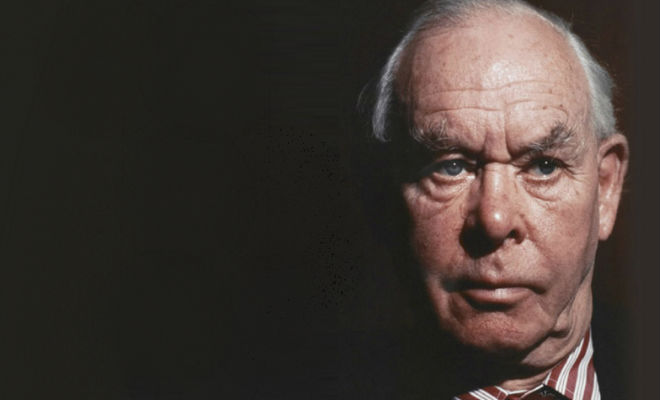How Therapy Works
By: Roya Sakhai. Ph.D. MFT.
In my therapy, in order to best help my clients, I have several questions that I ask in the first stage of therapy to get a picture of who my client is:
To evaluate my client’s developmental stage I use the following questions that I created by using Erik Erikson’s stages of development.
Evaluation questions regarding developmental stages:
- Do you have problems with trusting others? ( Trust is formed between 0-18 months)
- Do you feel as if you are independent or shy? ( Autonomy is formed between 1 to 3 years)
- Do you initiate any plan or you feel guilty most of the time to initiate any activity?
( Purpose and initiation is formed between 3 to 5 years)
- Do you feel competent or have a sense of inferiority? ( competency is formed 6 to 11 years)
- In relationships are you sure or confused? Identity is formed 12 to 18 years)
- Do you have many friends, you have a partner or you are mostly isolated? ( Love, intimacy is formed 18 to 40 years)
- Do you have a passion, a goal that you care, a child or grand-child that you adore?
( Care and generativity is formed 40 to 65 years)
- Are you happy with where you are, or you wished you had achieved anything different and are usually in despair?
( Wisdom is formed by age 65 years)
Example:
I had a client who came to me with extreme symptoms of anxiety at the age of 62. He reported that he has difficulty trusting anyone, is on disability, feels insecure and is isolated. Never married and does not care about anyone. Has no goals in life and wishes that he had lived a whole different life.
I realized that I have a whole lot to work with. I realized that all stages of development have gone wrong with this client.
Evaluation questions regarding internal objects:
- Can you name for me all the people who made you who you are? ( These people were outside of us as a child, but as an adult now they are inside of us and make us who we are).
- Tell me about your best and worse childhood experience? (These experiences stay with us all our life)
- If you want to tell me who thought you love, hate, care who you would name? ( All these people thought us how to become who we are).
The same client informed me that there were few people that he can name as people who made him to who he is, the main one was his father who always put him down and never had a high opinion of him. He also reported that he had almost no good childhood memory; his only memory was that he had no friends at school, and almost none as an adult. In response to who thought him love and hate and care, he laughed and said he thought everything to himself, father and mother were gone and he grow up in a foster care with foster parents who did not care for him and had accepted him mostly for money.
I realized that this client has no good objects; no good people internalized and lived a loveless, lonely life.
General Evaluation questions:
- Did you have parents who gave you everything or nothing at all or was there a balance? ( evaluating parenting)
- Do you have problems with over eating? Smoking? Drinking? ( Oral)
- Do you have problems with control? ( Anal)
- Do you have problems with being in a loving relationship?( phallic or Genital stage)
- Are you impulsive, act on immediate gratification? (ID)
- Are you realistic in your choices? ( Ego)
- Are you constantly critical of yourself?
(Super-Ego)
The same client informed me that his foster parents were always absent, he smokes two packs per day, controlled everyone that came to his life and had no loving relationship.
He also informed me that he constantly put himself down and could not enjoy anything in his life.
This client had no parenting, fixated at oral stage of life, with a harsh super-ego that controlled him and anyone that came to his life and did not let him have any joy in life.
Evaluation questions regarding Attachment styles:
- Did your mother or the person who gave you care as an infant was supportive and consistent and responded to your needs? You knew she/he is there if you need her/him? ( If response is yes= secure attachment)
- Was your mother or caregiver unresponsive and anxious, aggressive? ( If response is yes = insecure attachment )
My client reported that the only infant memory that he has is that, he had an anxious, unresponsive foster-mother and he was mainly afraid of her, and knew that she would get upset if he would need her attention.
These evaluation questions gave me a map to know what kind of therapy would help my client.












